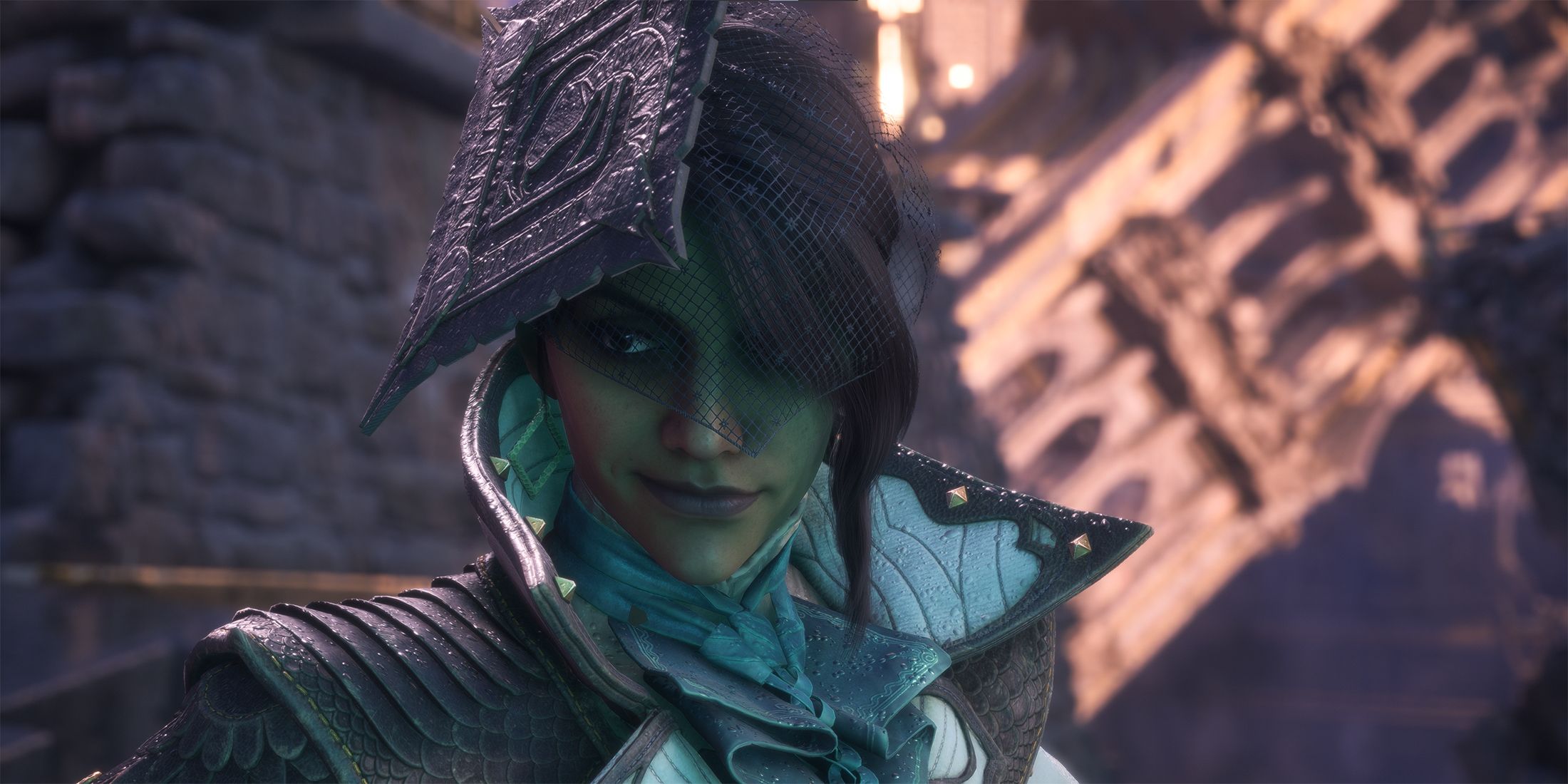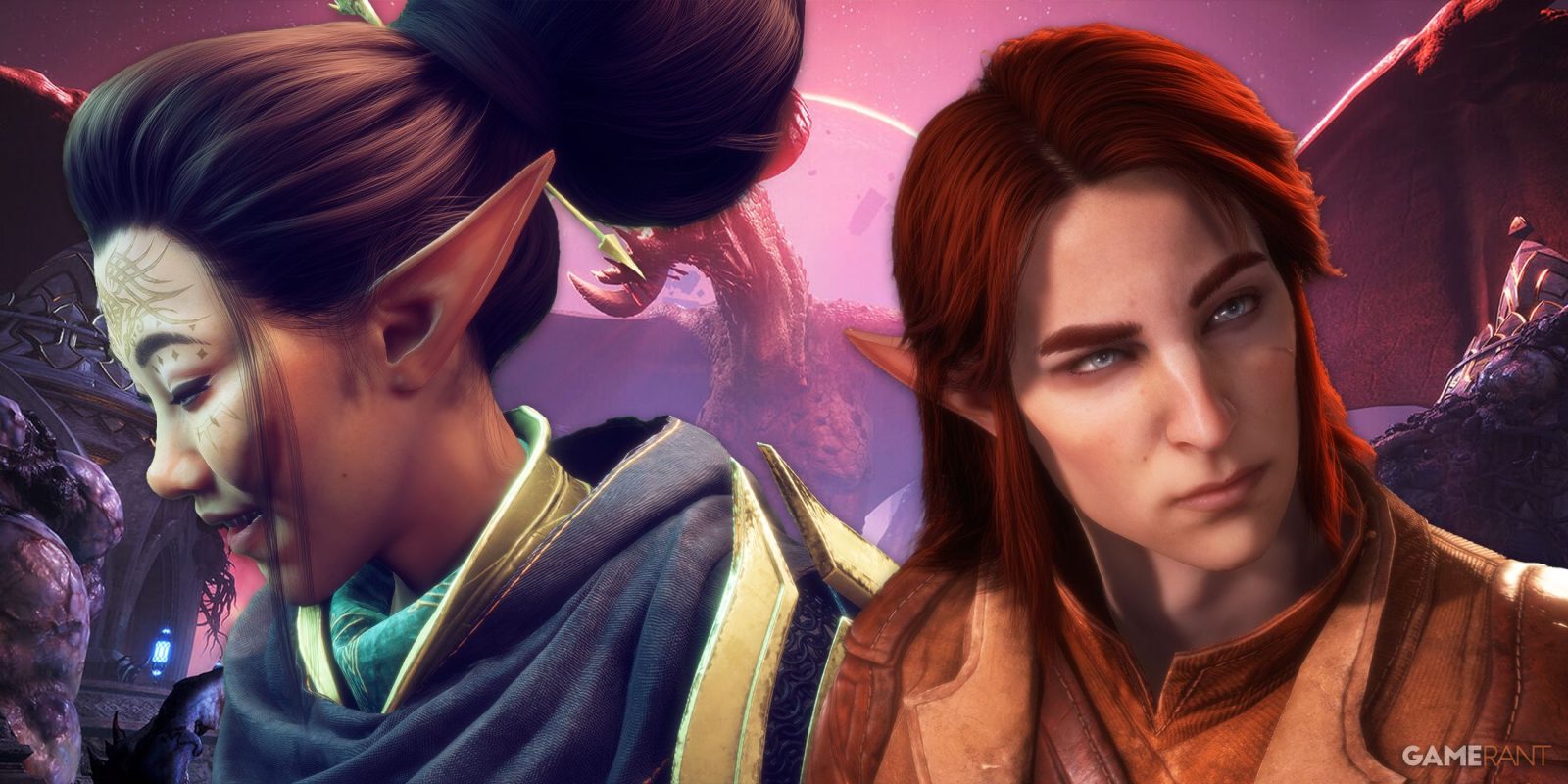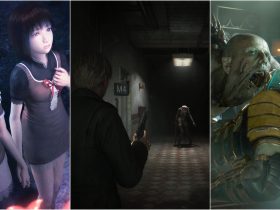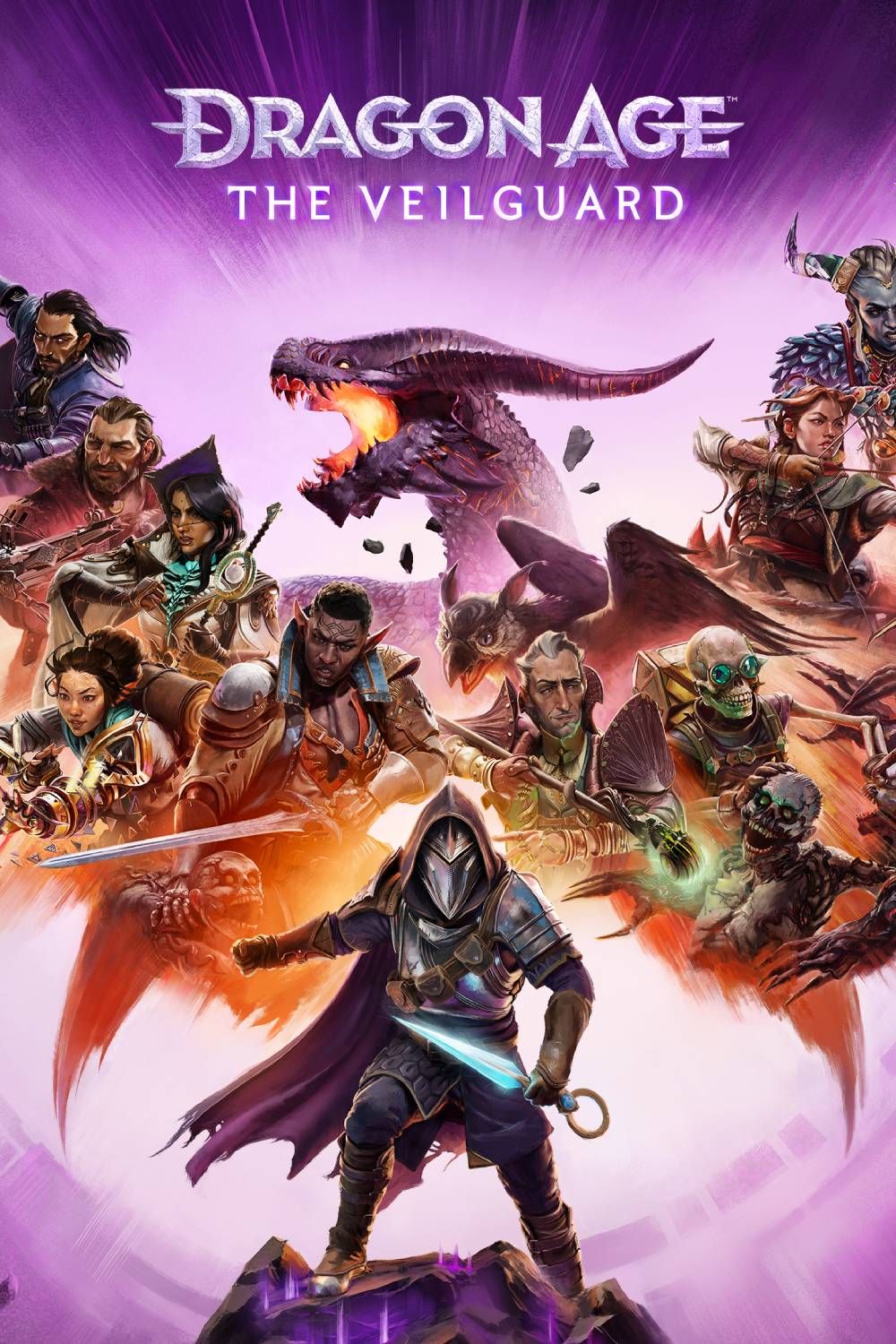Key Takeaways
- Rook in Dragon Age: The Veilguard is trusted too easily, breaking the tradition of past games.
- Past Dragon Age protagonists had to work hard for trust – a major theme in the series.
- Dragon Age: The Veilguard sacrifices relationship depth for easygoing companions.
Like the BioWare games before it, Dragon Age: The Veilguard is expected to place a significant focus on the protagonist’s relationship with their companions and the world around them, and it certainly does that. As players progress through Dragon Age: The Veilguard‘s story, their character, Rook, eventually encounters several companion characters whom they must then win over with their charm and social deduction, just as every protagonist before them has been required to do. Unfortunately, Dragon Age: The Veilguard doesn’t make that near as difficult as it has been in the past.
Dragon Age: The Veilguard‘s Rook can’t be the sole hero or heroine of the story, otherwise the game’s subtitle means nothing. That being said, Rook is the leader of the Veilguard, so they are, in a sense, the story’s champion. The main issue here, however, is that Rook might be too much of a champion in this Dragon Age story, as the game seems to have been designed to give them favor in almost all their relationships, breaking a major Dragon Age tradition in the process.

Related
Dragon Age: The Veilguard’s Best Feature Could Easily Go Unnoticed
While the way Dragon Age: The Veilguard handles choices is a mixed bag, there is one stroke of genius within them that may go unnoticed too easily.
Dragon Age: The Veilguard’s Characters Are a Bit Too Trusting in Rook
Dragon Age Has Never Been Too Quick to Trust Its Protagonists
Trust is a common theme in the Dragon Age series, especially when it comes to each game’s protagonist. Prior to Dragon Age: The Veilguard‘s release, every Dragon Age protagonist struggled to gain the trust of their followers and the characters they encountered throughout each narrative. It’s not only a way of making the player feel like a newcomer with a lot to learn in the world of Thedas, but it also adds depth to their relationships with companions and other characters. As players engage in conversation with their companions and complete quests for them, these relationships mature on the basis of the companion’s growing trust for the protagonist, eventually resulting in a fulfilling outcome in one way or another.
Dragon Age: Origins‘ protagonist may be a noble Grey Warden, but that instantly puts them at arm’s length from other factions who lack trust for the Wardens. This distrust can be exacerbated even more depending on the origin players choose for their character. In Dragon Age 2, Hawke is frequently forced to take sides in conflict, thereby forcing their reputation into a difficult spot with the public at large. Hawke also quickly rises to a position of influence in Dragon Age 2, sparking suspicion from hesitant onlookers. Finally, Dragon Age: Inquisition‘s Inquisitor, though they eventually become the leader of the Inquisition, are still regularly held in question by some of their followers and allies, especially given the Inquisition’s history of abusive power.
Dragon Age: The Veilguard’s Rook Doesn’t Need to Work Hard to Earn Trust
Contrary to the protagonists of Dragon Age‘s past, Dragon Age: The Veilguard‘s Rook doesn’t need to work hard to earn the trust of their companions and other characters in the world. Very rarely is there any real conflict in Rook’s interactions with their companions and the characters they meet on their travels, because everyone is so quick to trust the protagonist, no matter the player’s choices. In fact, regarding choices, most of Dragon Age: The Veilguard‘s choices feel predestined to earn the approval of Rook’s companions, and since Approval is one of the primary relationship-building mechanics in Dragon Age: The Veilguard, much of the fulfilling depth these relationships might have had otherwise is ultimately lost.
Even Taash, who initially appears somewhat distrustful of Rook, doesn’t take long to warm up to the protagonist, and it doesn’t require any effort from the player to get there. Apart from them, Dragon Age: The Veilguard‘s other companions agree to join Rook with seemingly no hesitancy whatsoever. From there, any choice-driven engagements with these companions are either very predictable or just designed to leave a positive mark on Rook, regardless of the choice.
Contrary to the protagonists of
Dragon Age
‘s past,
Dragon Age: The Veilguard
‘s Rook doesn’t need to work hard to earn the trust of their companions and other characters in the world.
All of this being said, it is much easier to write a character that is easier to trust, as well as the dialogue required to support that goal. Dragon Age: The Veilguard certainly played it safe here, but that might also be its way of putting less focus on the relationships players build with their companions and more on the overarching threat that is arguably more important. Nevertheless, this is likely a system that fans of BioWare’s past work may sorely miss, as it effectively removes the social nuances that could have made or broken Dragon Age: The Veilguard‘s relationships.













Leave a Reply